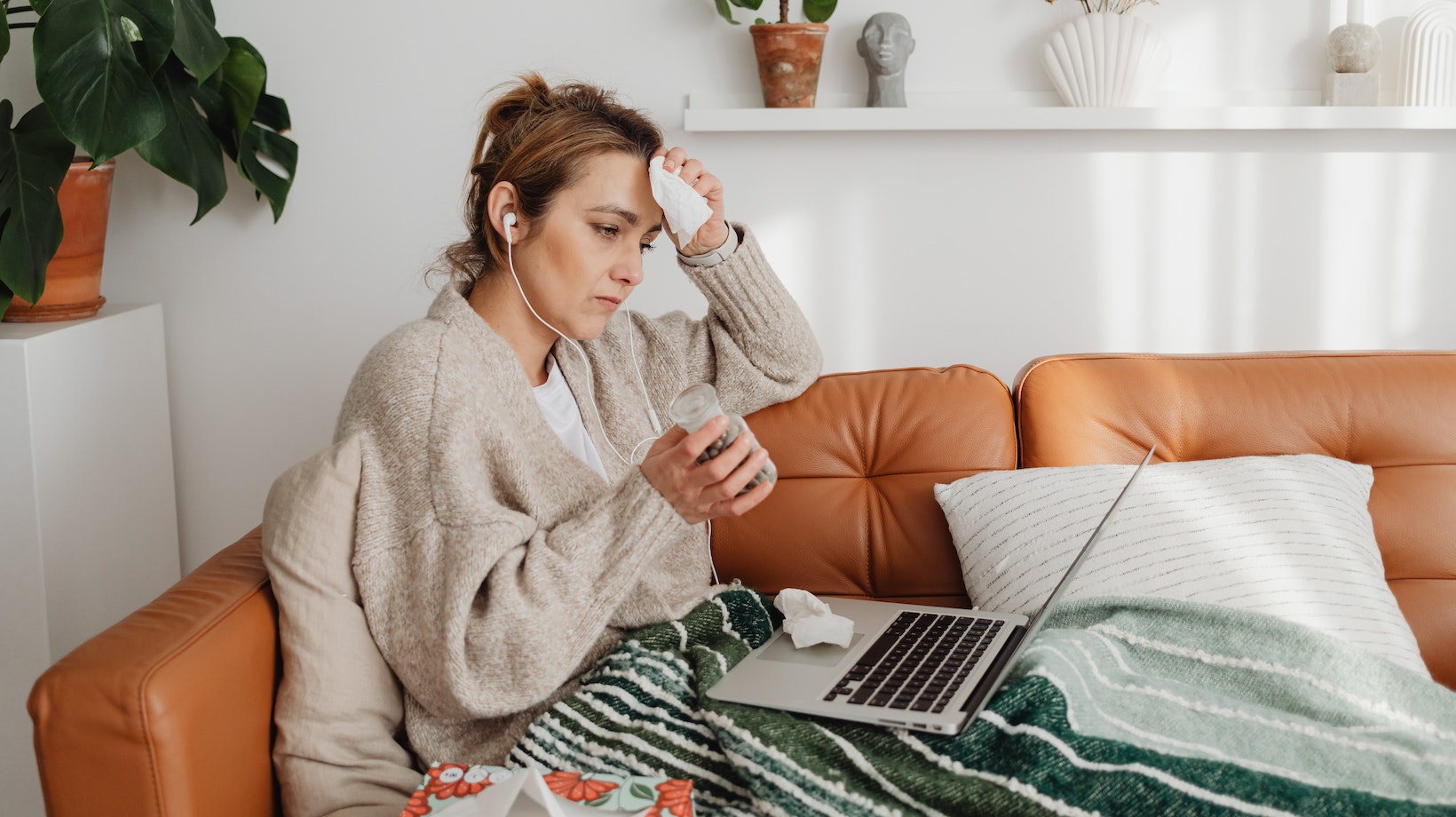
Can You Take Nyquil And Benadryl Together
When you’re feeling under the weather, it’s natural to reach for over-the-counter remedies like Nyquil and Benadryl. However, is it safe to take these two together? The answer isn’t as straightforward as you might think.
Nyquil, a popular cold and flu medicine, contains ingredients that help reduce symptoms like coughing, congestion, and body aches. On the other hand, Benadryl is an antihistamine primarily used to alleviate allergy symptoms such as runny nose or sneezing. While they may seem different on the surface, both medicines share one common ingredient: diphenhydramine.
Diphenhydramine can cause drowsiness and slow down your reaction time. It’s even used in some sleep aids because of its sedative properties. Because both Nyquil and Benadryl contain this ingredient – taking them together could potentially double your dose of diphenhydramine which could increase your risk of experiencing adverse side effects like extreme drowsiness or confusion.
Understanding Nyquil And Benadryl: Key Ingredients
Let’s dive into the world of over-the-counter medications, specifically focusing on two popular options – Nyquil and Benadryl.
Analyzing the Active Ingredients in Nyquil and Benadryl
Nyquil is a household name when it comes to cold relief. The key ingredients that make up this medication are Doxylamine, Acetaminophen, Dextromethorphan, and Pseudoephedrine. Each plays its part in alleviating symptoms such as pain, fever, coughing, and nasal congestion.
On the other hand, we’ve got Benadryl which is best known for its antihistamine properties thanks to Diphenhydramine – its active ingredient. It’s commonly used for relief from allergies or cold symptoms like sneezing, itching eyes/nose/throat and runny nose.
Potential Interactions When Taking Nyquil and Benadryl Simultaneously
Now you might be wondering “can you take NyQuil and Benadryl together?” Well, it’s important to note that both these medicines contain sedating antihistamines – Doxylamine (in NyQuil) and Diphenhydramine (in Benadryl). This means taking them together could potentially heighten drowsiness or lethargy effects.
Moreover, there’s also a concern about potential drug-drug interactions that can lead to serious side effects such as slowed or difficult breathing. This risk may increase if you have certain medical conditions or are taking other drugs that cause drowsiness.
Guidelines for Safely Using Nyquil and Benadryl Together
If you’re considering using these two medications simultaneously here are some guidelines:
- Always consult with your healthcare provider first.
- Avoid alcohol since it can intensify the sedative effect.
- Be aware of potential drowsiness and don’t drive or use machinery after taking these medications.
- Always follow the recommended dosage instructions.
Remember, it’s always best to check with a healthcare professional before starting, stopping, or changing any kind of medication. Stay safe out there!

The Effects Of Nyquil On The Body
Let’s dive right into what happens when you take Nyquil. It’s a common over-the-counter medicine that folks often reach for to combat symptoms related to colds and flu, such as congestion, coughs, runny noses, sneezing, and even trouble sleeping. But have you ever wondered how it impacts your body?
The primary ingredients in Nyquil are Acetaminophen, Dextromethorphan HBr, and Doxylamine succinate. Now let’s break down what each one does:
- Acetaminophen is a pain reliever and fever reducer which helps make you more comfortable when you’re under the weather.
- Dextromethorphan HBr serves as a cough suppressant. It acts on certain parts of the brain to reduce the urge to cough.
- Doxylamine succinate is an antihistamine that relieves sneezing and runny nose symptoms.
Yet while these ingredients provide relief for those bothersome cold and flu symptoms, they also have some effects you might not want.
Firstly, it’s important to know that both Acetaminophen and Doxylamine succinate can cause drowsiness. That’s why many people choose to take Nyquil at night since it can aid in getting much-needed rest when feeling ill. However, this sedative effect could be problematic if taken during daytime or when performing tasks requiring alertness.
Secondly: liver damage. Excessive use of Acetaminophen – one of the ingredients in Nyquil – can cause serious harm to your liver. So it’s crucial not take more than recommended or combine with other drugs containing Acetaminophen without consulting a healthcare provider.
Lastly: allergic reactions. While rare, some individuals may experience severe allergic reactions such as rash; swelling; itching; severe dizziness; or trouble breathing. If any of these occur, it’s vital to seek medical help immediately.
Now, onto the question on many minds: can you take Nyquil and Benadryl together? I’ll discuss this in the next section. But remember, always talk to a healthcare provider before combining medications.














